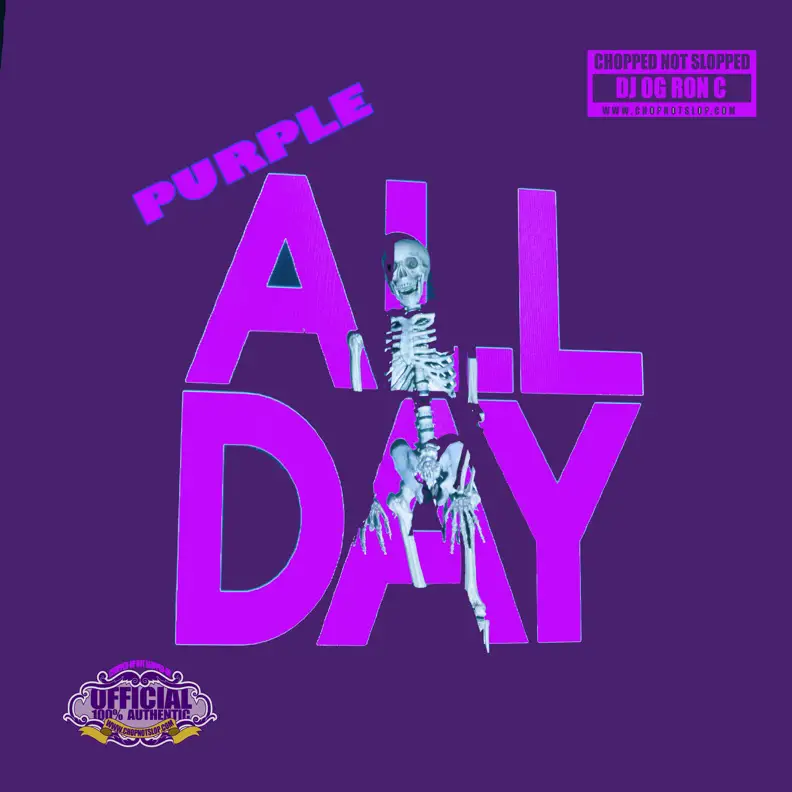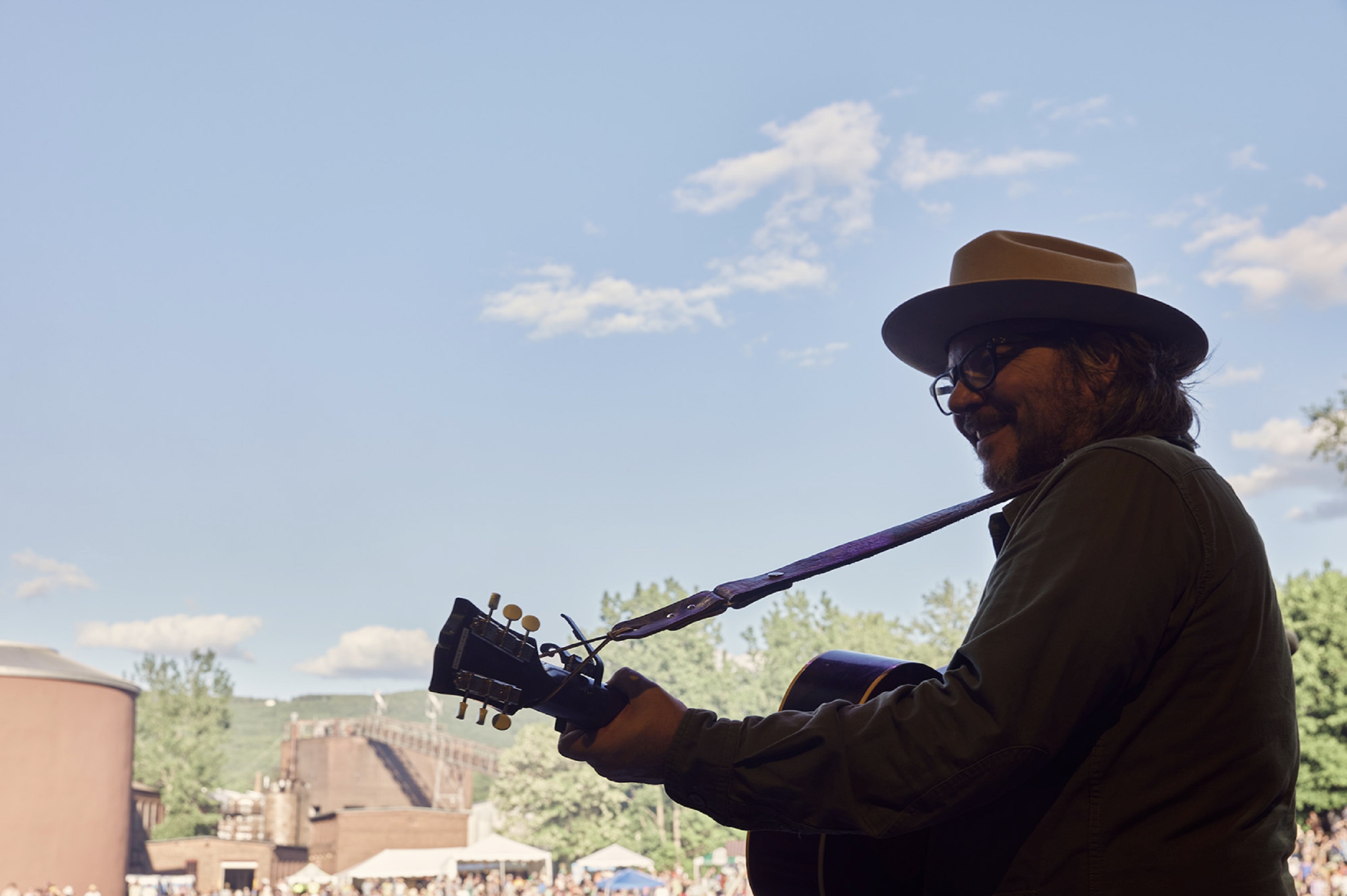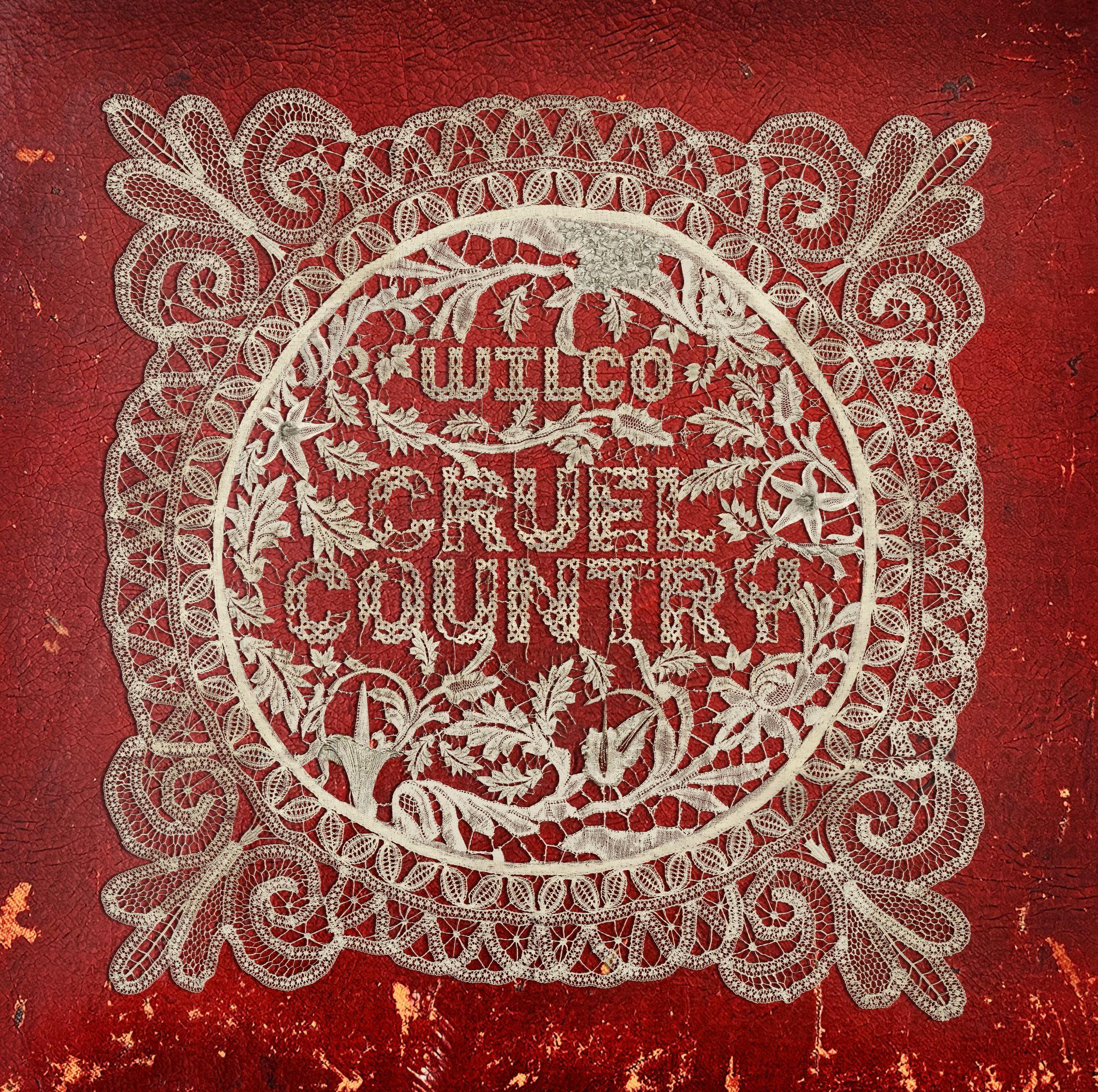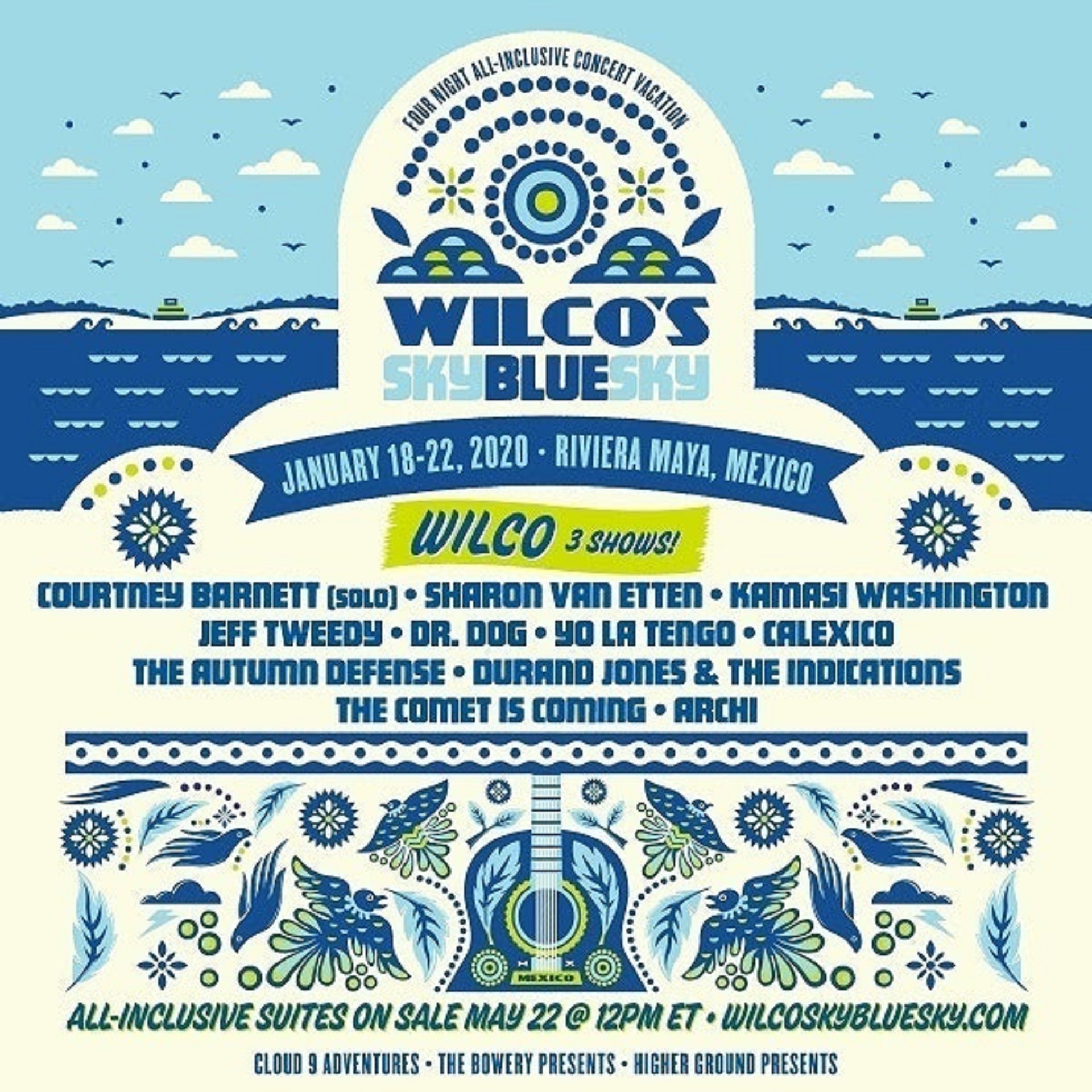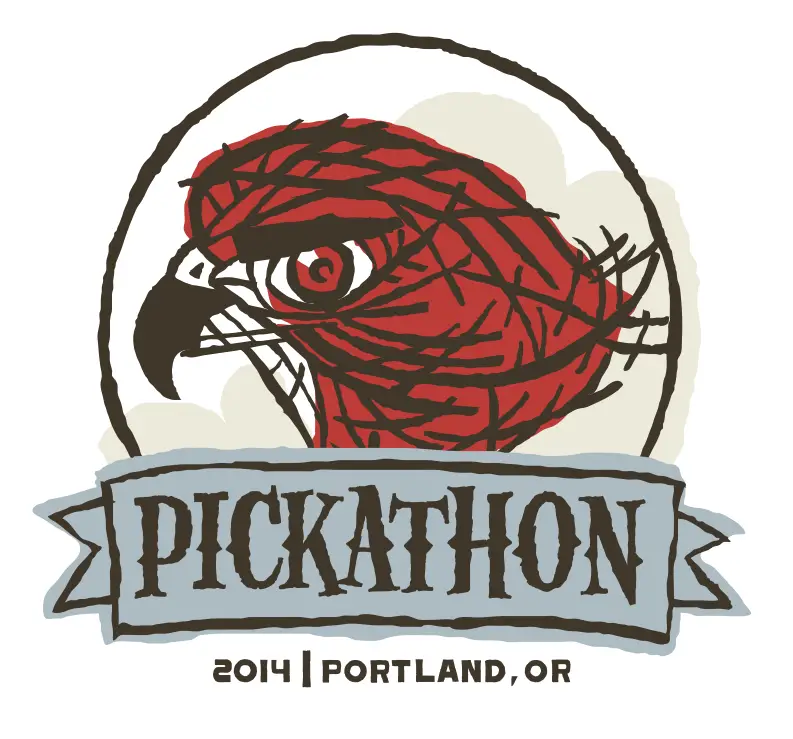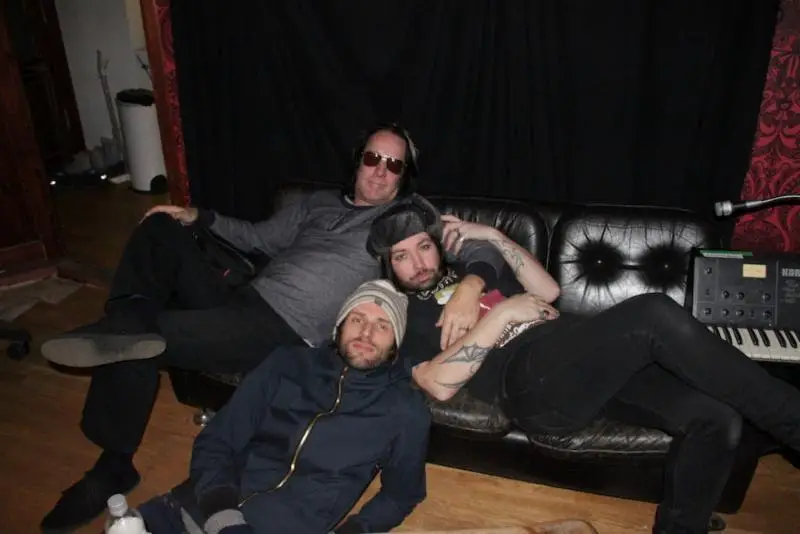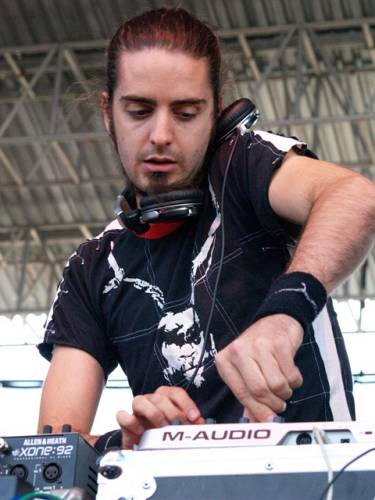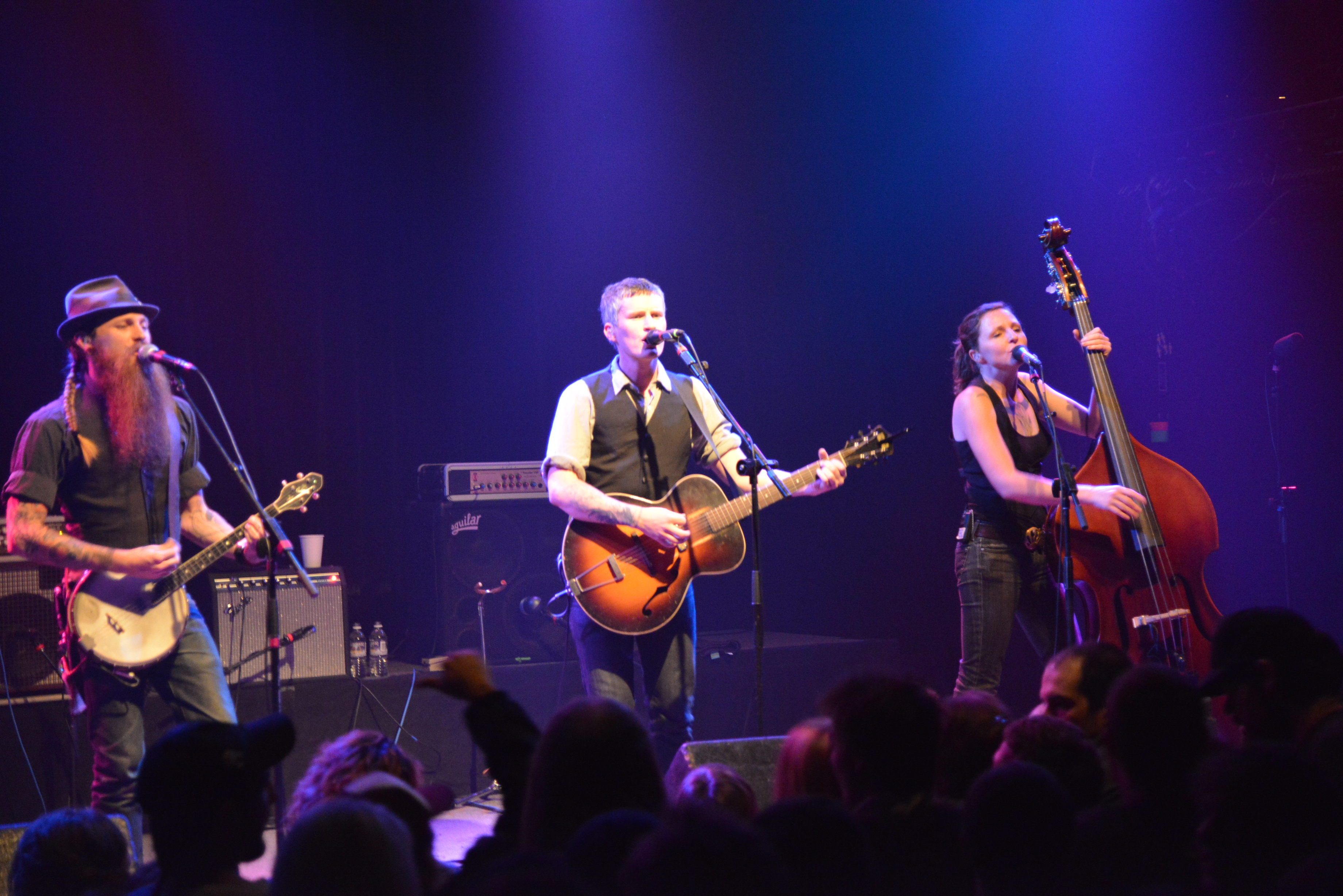In the midst of a non-stop touring run, Girl Talk (aka Gregg Gillis) linked up with legendary Houston producer and DJ OG Ron C to present a screwed and chopped version of Gillis' last full length release, All Day. The remixed version of the album is being titled Purple All Day and is available for download here.
OG Ron C started Swishahouse Records with Michael "5000" Watts in 1995, and it quickly became one of the most well known outlets for screwed and chopped mixtapes in the Houston area. Since then, he's been a fixture in the Houston hip-hop scene, helping to launch careers of people including Slim Thug and Mike Jones. On Purple All Day, OG Ron C says, "This was an amazing collab. Girl Talk's sense of creativity and blends are incredible, it's almost like a timewarp slingshot of some sort that makes u feel futuristic and historical all in one with the way he mixes old with new. Wow! I really enjoyed adding some Southern H-Town Purple flavor to it."
DOWNLOAD OG RON C'S PURPLE ALL DAY
Girl Talk is playing festivals and shows all over North America this summer and fall. Anyone who saw Girl Talk play around the release of All Day, or even in the last few months, will experience a range of brand new material and a new visual show. Tour dates are below.
Furthermore, in response to recent discussion in the media over live electronic music performance and inquiries via Facebook and Twitter, Gregg has decided to give an overview of his own techniques. Read this statement from Gregg Gillis regarding the Girl Talk live show below.
GREGG GILLIS EXPLAINS GIRL TALK LIVE SHOW:
 I've been seeing a continuous discussion over the last couple of weeks about live electronic performance. I'm not really interested in debating anyone's points, but I thought I'd break down my own approach. I've gone over various aspects of this countless times in interviews, so this is nothing new, really, but I thought it might be helpful to clearly lay it out in one place.
I've been seeing a continuous discussion over the last couple of weeks about live electronic performance. I'm not really interested in debating anyone's points, but I thought I'd break down my own approach. I've gone over various aspects of this countless times in interviews, so this is nothing new, really, but I thought it might be helpful to clearly lay it out in one place.
I want to start off with some history of the project in order to provide some context. Prior to doing music and shows under the name Girl Talk, I was in some electronic-based bands, playing things like synthesizers and circuit-bent toys. This was in the late 90's. I didn't have my own laptop yet, but it was becoming more widespread as an instrument in the experimental electronic scene. I saw a variety of people use them live, ranging from Pittsburgh computer rock heroes Operation Re-Information to Austrian glitch artist Fennesz. I got my first laptop for college in 2000, and I decided to start a solo project called Girl Talk based around it. I wanted to do something that was entirely sample-based, influenced by audio collage artists like John Oswald, The Bomb Squad, and Kid 606.
I started to mess around with Audiomulch software (which I still use live today) and discovered ways to process sounds and trigger samples in real-time. I started playing shows within a few months. I never played at dance clubs, raves, or with DJs (sometimes someone would be playing some songs in between bands, but this was typically off to the side). Even though my music is made entirely out of samples, the goal has always been to make something transformative, something that could be considered a new entity. The shows I played were always at venues that had live music. The other artists could be electronic, punk, rap, whatever, but it was always live. These are the type of shows where you get on stage, it's silent, everyone is looking at you, and you perform. During the first few years of doing the project, I toured the country a few times. My friends (who also did various electronic music projects) and I would book shows anywhere that would have us, and we'd be lucky if we ever made gas money. It was always a blast.
The primary purpose of mentioning this background is to highlight the fact that a laptop was my instrument of choice before starting the project. I looked up to those artists I saw performing live on computers and wanted to do that. It wasn't like I produced a bunch of music, then had to figure out a way to perform it. The live sample-triggering and digital signal processing was how I arranged the collages in the first place. I never aspired to be a DJ in traditional terms. No disrespect to the DJ world at all, it just wasn't my scene. I was coming from the subculture of glitch and IDM, where nearly everyone I saw perform would be doing some form of live sound manipulation on a computer.
OK, with that out of the way, I'll go into a basic description of how I play live. Here's a video where I go through most things I'll mention here.
Every sample is triggered by hand. Every element is as isolated possible. In an hour of a typical set, there's probably somewhere between 300-400 samples. When you're hearing a drum beat, it's possible there may be three loops: 1) kick and snare together, 2) hand clap, and 3) hi-hat. So you could be hearing the kick and snare playing a rhythm and when the hand clap comes in, that's me clicking that sample. Likewise, every individual melody part is isolated. You could hear the piano from Elton John's "Tiny Dancer" playing, then transition into the piano with bass behind it, and then transition into a part with piano, bass, and singing. Those would be three individual loops and in order for that sequence to happen, I would click the new sample when I wanted that part to play. Multiple elements are combined into a single loop only when it's impossible for me to play the individual parts in a way that I feel is adequate. When I occasionally step away from the computer, the music will not progress forward; it will endlessly loop. You will never see me stage diving or with my hands in the air during transitional moments. I need to manually trigger all of the individual elements of that particular section in order for it to occur. The loops are quantized when initially assembling them to allow for beat-matching.
The set is mapped out in advance, in an ideal way that I want to get through it, and I will have it memorized. It almost never goes down exactly how I planned though. Mistakes happen or sometimes I feel like changing something up. At any given moment, I can skip over a part, repeat something more than I had rehearsed, or change the arrangements. There is some variation every night, even when I'm attempting to play the same material.
We have a video component to the show, but it is not sync'd up to a SMPTE feed. It is triggered live by the guy who also is doing my lights in real-time, Ben Silverstein. Rachael Johnston develops videos content, based around short audio clips I send to her. These visuals are built around the ideal way I want to play that particular part. If something changes on the spot, it's up to Ben to recognize this and improvise.
I make small changes to the set often. I will substitute a new part in for something that I don't feel like playing anymore. If I want to include a new section, I will have to develop a transition in and out of it. Creating the new material and becoming familiar with executing it live can be time-consuming, which is why I am usually only able to change a couple minutes per week. The set is made up of enough loops and samples that I need to constantly rehearse in order to keep all the details fresh in my mind. Typically on the day of the show, if there is any new material involved, I will spend minimally 2 hours practicing before the performance.
 If you sat someone down in front of my laptop and gave them a quick demonstration on how to trigger samples, then yes, they would be able to learn to play parts of the live material. I do think it would be an extremely difficult task to memorize and execute the entire set though. Most of my time and effort goes into actually developing the material: cutting up all of the samples and going through the trial and error process of finding combinations that work. By the time it gets to the live set, it's already written. Anyone with a fundamental understanding of playing the guitar can learn how to play "Smoke On The Water," that doesn't mean that Deep Purple writing/playing that song is any less entertaining/valuable/awesome.
If you sat someone down in front of my laptop and gave them a quick demonstration on how to trigger samples, then yes, they would be able to learn to play parts of the live material. I do think it would be an extremely difficult task to memorize and execute the entire set though. Most of my time and effort goes into actually developing the material: cutting up all of the samples and going through the trial and error process of finding combinations that work. By the time it gets to the live set, it's already written. Anyone with a fundamental understanding of playing the guitar can learn how to play "Smoke On The Water," that doesn't mean that Deep Purple writing/playing that song is any less entertaining/valuable/awesome.
To reiterate, this was not meant to call anyone out or to start arguments. Everyone has their own approach to performing live electronic music, and I respect that. There is no right or wrong way to do it. I've been playing my laptop live for 12 years. Thanks to everyone who has made that possible!
GIRL TALK TOUR DATES:
Sat. July 14 - Louisville, KY @ Forecastle Festival
Sun. July 22 - Dover, DE @ Firefly Music Festival
Sun. July 29 - New York, NY @ Catalpa NYC Music Festival
Thu. Aug. 2 - Oklahoma City, OK @ Diamond Ballroom
Sat. Aug. 4 - New Braunfels, TX @ Whitewater on the Horseshoe
Thu. Aug. 16 - Portland, ME @ State Theatre
Fri. Aug. 17 - Boston, MA @ Bank of America Pavilion
Sat. Aug. 18 - Holyoke, MA @ Mountain Park
Thu. Aug. 23 - Buffalo, NY @ Buffalo Outer Harbor
Sat. Aug. 25 - St. Louis, MO @ LouFest 2012
Sat. Sep. 1 - Chicago, IL @ North Coast Music Festival
Tue. Sep. 4 - Edmonton, AB @ Edmonton Events Centre
Wed. Sep. 5 - Calgary, AB @ Flames Central
Fri. Sep. 7 - Vancouver, BC @ Commodore Ballroom [SOLD OUT]
Sat. Sep. 8 - Portland, OR @ MusicFest NW
Wed. Sep. 19 - Charlottesville, VA @ Charlottesville Pavilion
Thu. Sep. 20 - Raleigh, NC @ Longbranch
Fri. Sep. 21 - Myrtle Beach, SC @ House of Blues
Sat. Sep. 22 - Atlanta, GA @ Music Midtown
Tue. Oct. 9 - Albuquerque, NM @ Sunshine Theater
Wed. Oct. 10 - Tucson, AZ @ Rialto Theater
Thu. Oct. 11 - Santa Ana, CA @ The Observatory
Sat. Oct. 13 - San Francisco, CA @ Treasure Island Music Festival





